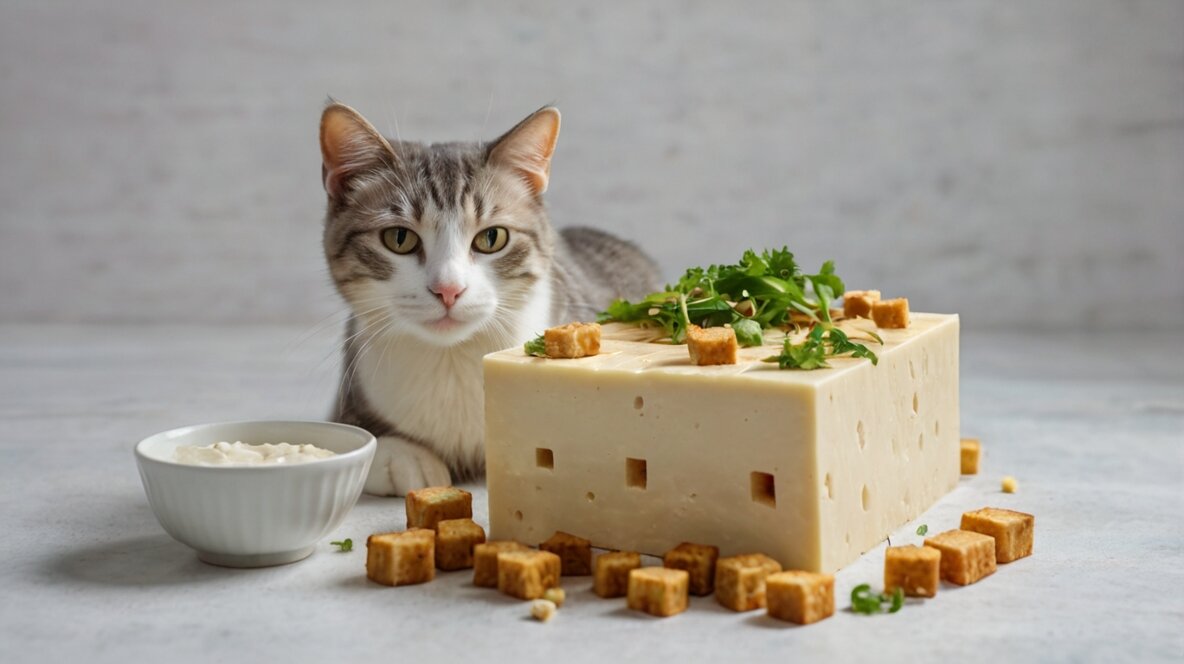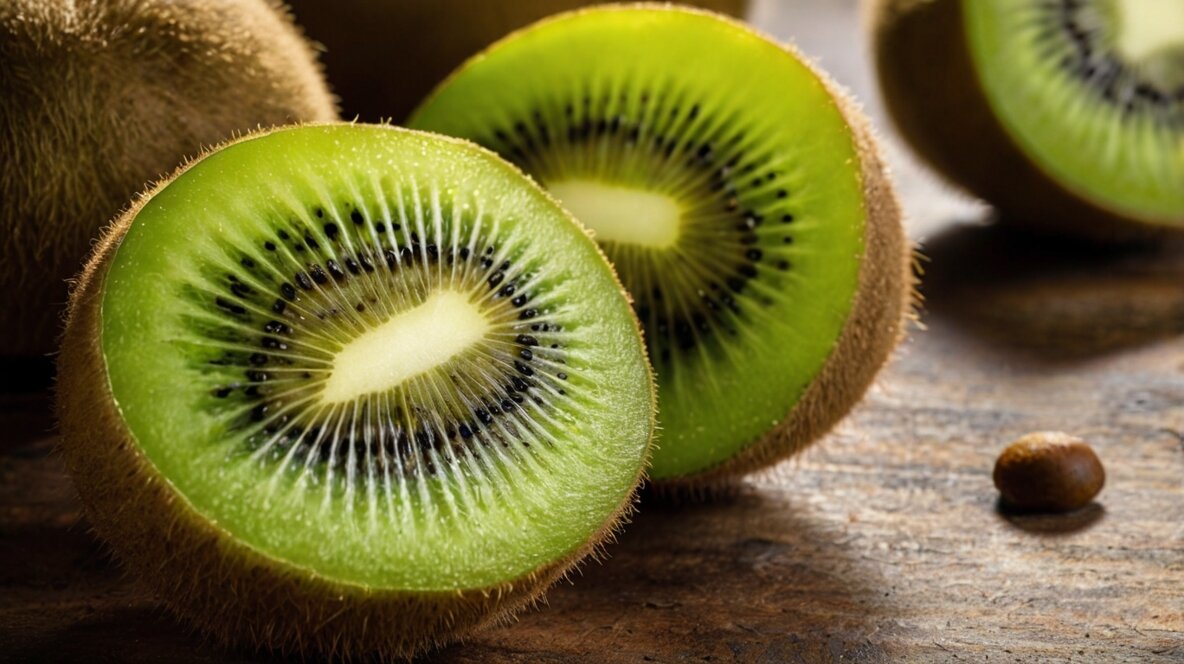Table of Contents
Tofu is a popular plant-based protein for humans, but can cats eat tofu safely? This is a question many cat owners ask when considering new treats for their pets. While tofu offers nutritional value for people, its benefits and risks for cats are quite different. This article will explore whether tofu is suitable for cats and provide expert recommendations.
What is Tofu?
Tofu, also known as bean curd, is made from condensed soy milk. It is a high-protein, low-fat food commonly used in vegetarian diets. Despite its healthy reputation for humans, it doesn’t have the same impact on feline nutrition. Cats are obligate carnivores, meaning their dietary needs are based primarily on animal proteins.
Benefits of Cats Eat Tofu
Though tofu isn’t a natural part of a cat’s diet, it has some advantages:
- Low-Fat Content: Tofu is low in fat, which could be helpful for overweight cats. However, cats need a higher percentage of fat in their diet than humans.
- Hydration: Tofu has a high water content, which can help hydrate your cat if it’s not drinking enough water.
Risks of Feeding Tofu to Cats
While tofu might not be toxic, it comes with risks:
- Lack of Taurine: Cats require taurine, an essential amino acid found in meat. Tofu lacks this crucial nutrient, which can lead to health problems like heart disease and vision issues.
- Digestive Issues: Cats may have difficulty digesting tofu, leading to upset stomach, vomiting, or diarrhea.
- Allergies: Some cats may be allergic to soy, which can cause skin irritation, itching, or gastrointestinal discomfort.
Can Cats Be Vegan?
Since tofu is plant-based, some pet owners might wonder if cats can follow a vegan diet. The answer is no. Cats need animal proteins for vital nutrients like taurine and arachidonic acid, which they can’t get from plants. A vegan diet would be unhealthy and potentially dangerous for your cat.
Vet Recommendations for Cats and Tofu
Can Cats Eat Tofu? Most veterinarians advise against feeding tofu to cats regularly. While a small amount won’t necessarily harm your cat, it doesn’t meet their nutritional needs. If you’re looking for healthy treats for your cat, stick to high-quality cat food or treats designed for feline diets.
Alternatives to Tofu for Cats
Instead of tofu, consider these cat-friendly alternatives:
- Cooked Chicken: A high-protein, easily digestible meat option.
- Canned Tuna (in moderation): Rich in protein, though it should be given sparingly due to mercury content.
- Commercial Cat Treats: These are formulated specifically for feline dietary needs.
Conclusion: Can Cats Eat Tofu?
While tofu isn’t toxic to cats, it’s not a recommended food choice. Cats thrive on animal-based diets, and tofu lacks essential nutrients like taurine. If you want to give your cat a special treat, there are safer and more nutritious options available. Always consult with a vet before introducing new foods into your cat’s diet.
FAQs: Cats eat tofu
1. Can tofu be harmful to cats?
Tofu is not toxic to cats, but it lacks essential nutrients that cats need. Feeding tofu to your cat regularly can lead to nutritional deficiencies, especially due to the lack of taurine.
2. Is tofu a good protein source for cats?
No, tofu is a plant-based protein and does not provide the complete amino acids cats need. Cats require animal proteins to thrive.
3. Can I give my cat tofu as an occasional treat?
While small amounts of tofu won’t harm your cat, it’s not recommended as a regular treat. Stick to treats that are specifically formulated for cats.
4. What happens if a cat eats too much tofu?
Eating too much tofu can upset a cat’s digestive system, potentially causing vomiting or diarrhea. Over time, it could also lead to nutrient deficiencies.
5. Can a cat live on a vegan diet with tofu as a protein source?
No, cats are obligate carnivores and require nutrients like taurine, which are only found in animal proteins. A vegan diet would be harmful to your cat’s health.
6. What are the symptoms of a soy allergy in cats?
Symptoms of soy allergies in cats may include itching, skin irritation, vomiting, and diarrhea. Consult your vet if your cat shows any allergic reactions.



